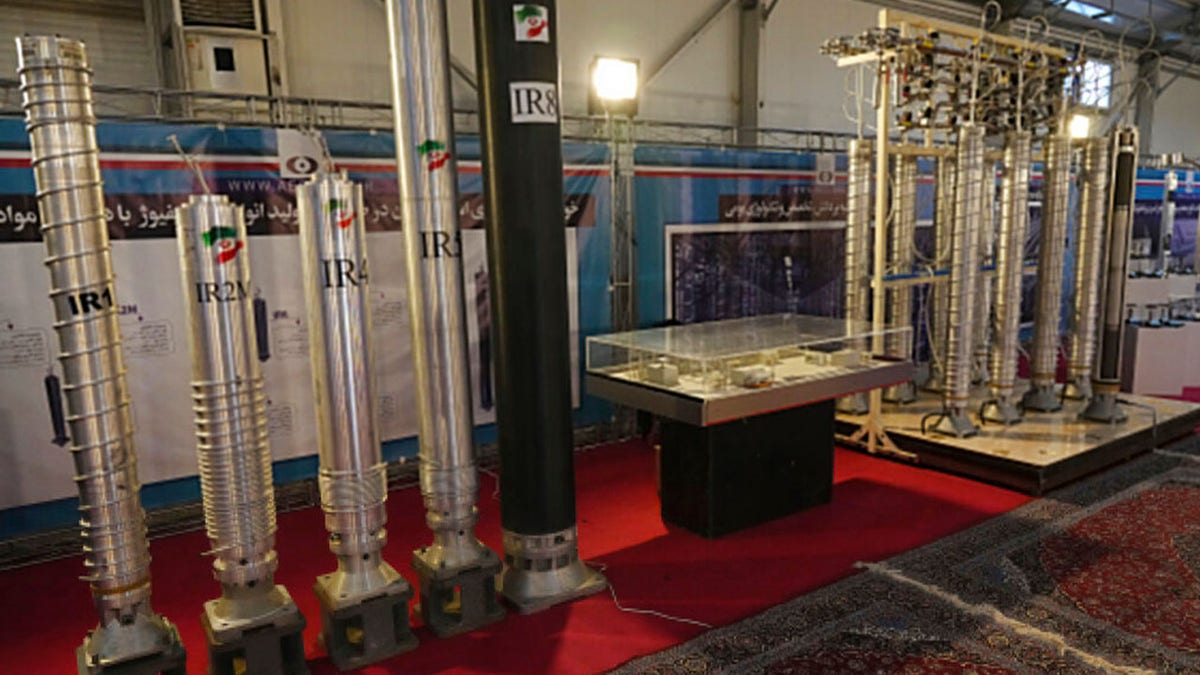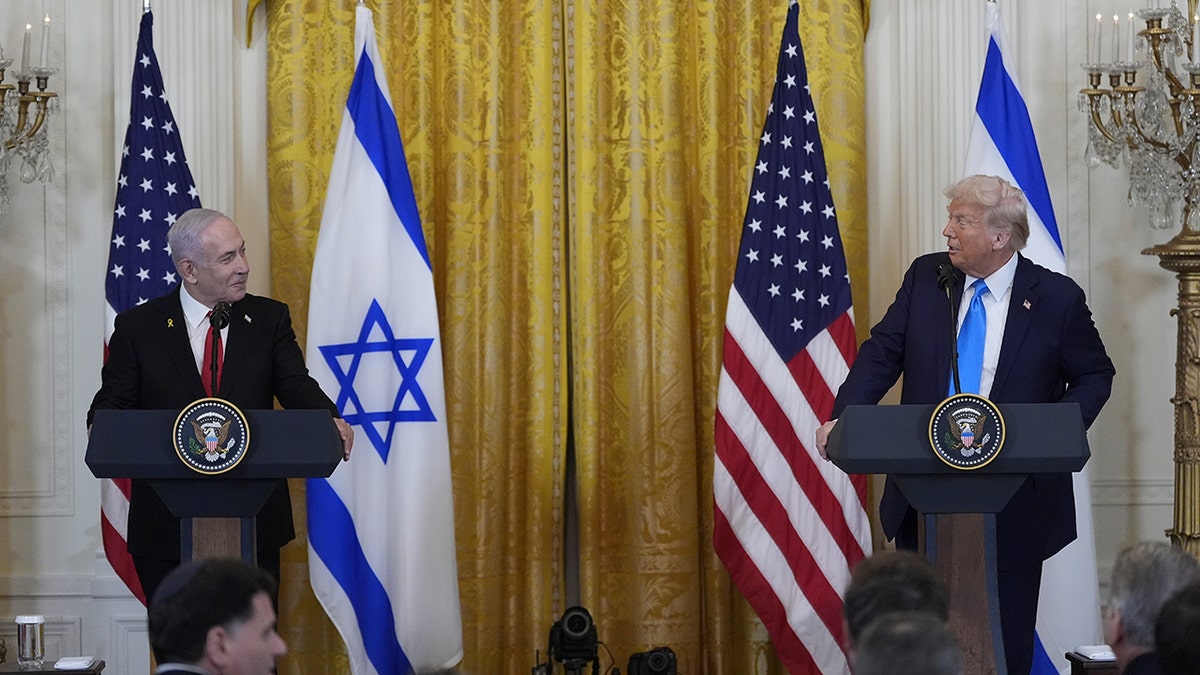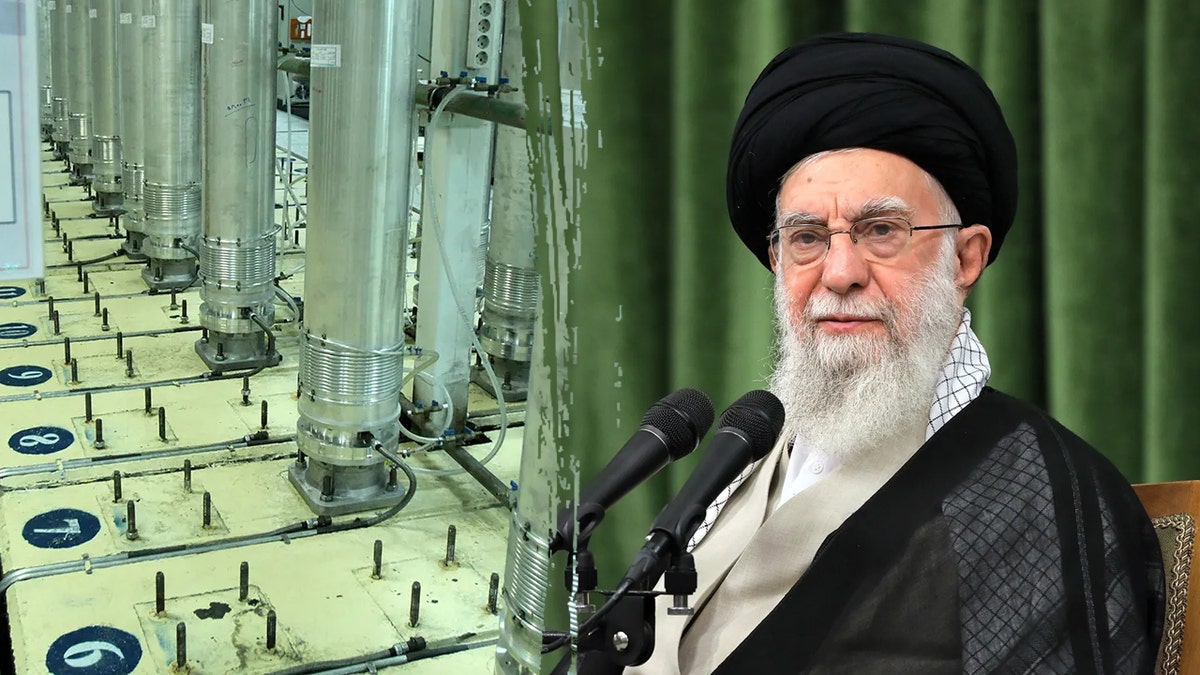A recent report from the Foundation for the Defense of Democracies (FDD) emphasizes the crucial opportunity presented by President Trump's second term to counteract the Biden administration's ineffective Iran policies and prevent Tehran from acquiring nuclear weapons. The report, "Detecting and Halting an Iranian Weaponization Effort," urges the president to leverage the full force of the U.S. national security apparatus to address this pressing threat.

Report author Andrea Stricker stressed the importance of preventing Iran's rapid pursuit of nuclear weapons, given its current technological capabilities and shortened timeline. A nuclear-armed Iran, she argues, would drastically destabilize regional security and impede the ability of the United States, Israel, and their allies to counter Iranian aggression due to fears of nuclear escalation.
Stricker contends that President Trump must utilize all available American resources to prevent Iran from obtaining nuclear weapons. The FDD report recommends that the administration and its allies reinstate a credible military threat to deter Iran from crossing the nuclear threshold. The report also suggests that the U.S. and Israel should be ready to target Iranian nuclear sites.

Recent intelligence reveals a clandestine team of Iranian scientists working on an expedited path to nuclear weapon development. This revelation coincides with Iran's weakened regional standing due to its escalating conflict with Israel following October 7th. The FDD report criticizes the previous Biden administration for allowing Iran's nuclear program to advance largely unchecked, asserting that Iran now likely possesses the knowledge and capacity to produce nuclear weapons, potentially detonating a rudimentary device within six months of commencement.

Signaling a firmer stance on Iran, President Trump has reinstated the "maximum pressure" policy, featuring stringent sanctions against Tehran. Trump's executive order highlights the national interest in exerting maximum pressure on the Iranian regime to neutralize its nuclear threat, curb its ballistic missile program, and halt its support for terrorist organizations.

Stricker argues that the Iranian regime has a heightened motivation to pursue nuclear weapons to solidify its grip on power in the face of a more assertive administration in Washington. She also warns that Iran might accelerate its nuclear program to strengthen its offensive and defensive capabilities and deter further Israeli strikes. Beyond military threats, the report recommends increased U.S.-Israeli intelligence cooperation to thwart Iranian weaponization efforts, including identifying and cultivating key Iranian officials and nuclear scientists as intelligence sources. Furthermore, the report urges the U.S. and other nations to promptly mobilize the International Atomic Energy Agency to enhance inspections of weaponization activities in Iran. A November 2024 report from the Office of the Director of National Intelligence indicated that Iran possesses sufficient fissile material to produce over a dozen nuclear weapons if it continues uranium enrichment.








